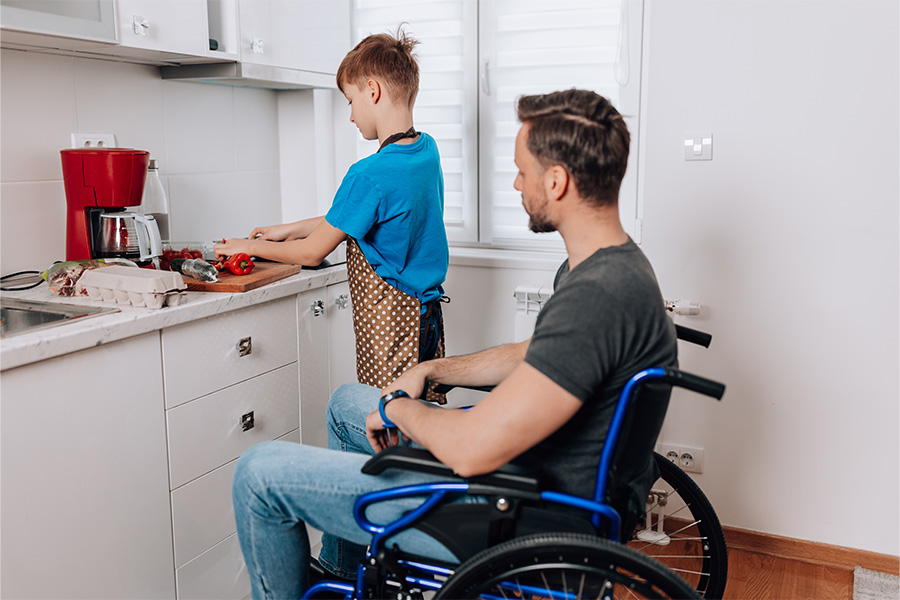Back to School for Your Child with Special Needs: How to Be Ready
Getting ready to go back to school is a busy time for all parents, there are so many details to consider and so many tasks to check off the to-do list. But when your child has special medical or developmental needs, the list is longer and more complex than the average parent. I made myself a little checklist for my two children with Down syndrome and complex medical needs, to keep track of the less common start-of-school necessities.
Before school starts
For the Kids:
- Make a visual calendar so they can count the days until school.
- Start switching your daily mindset from summer to the school year.
- Start back to school shopping early. Look for sensory-friendly clothes and supplies if needed.
- Get out the social stories about going to school and the expectations.
- Go to open house to meet the teacher and see the classroom. If necessary, ask for additional visit(s) to make sure your child has time to get comfortable.
- Try to set up a playdate with a friend so they have a special buddy to find on the first day. Your school might have ea buddy system or a mentor program.
For the Adults:
- Review all paperwork, IEP/504, medication permission slips, and any other paperwork.
- Email teachers and therapists with any changes in health or development that might impact goal work.
- Make sure your contact information is up to date for all teachers and necessary school staff.
- Establish a reliable method of communication, whether by email, text or on paper, and agree with the staff about what information you would like communicated and the frequency of communication from the outset.
- If your child will need to take medications or treatments at school, make a list of all the info that school staff should know about your child.
- Make sure you have all the necessary special supplies ready to send on the first day.
After School Starts
For the Kids:
- Be prepared for the change-of-routine meltdowns, tiredness and frustration.
- Stay on track for bedtimes and wake up times, (with my early birds this never seems to be a problem).
- Help the teacher and your child spread the concept of ability awareness in the classroom.
- Celebrate small victories.
For the Adults:
- Keep your phone charged and on for the inevitable first week of school calls from staff.
- If you’re able, offer to help with special events at school.
- Ask you child’s teacher how he’s getting along with others. Evaluate whether he might benefit from some help with social skills.
- Stay up to date on news and laws about special education so you can continue to be the best advocate for your child.















